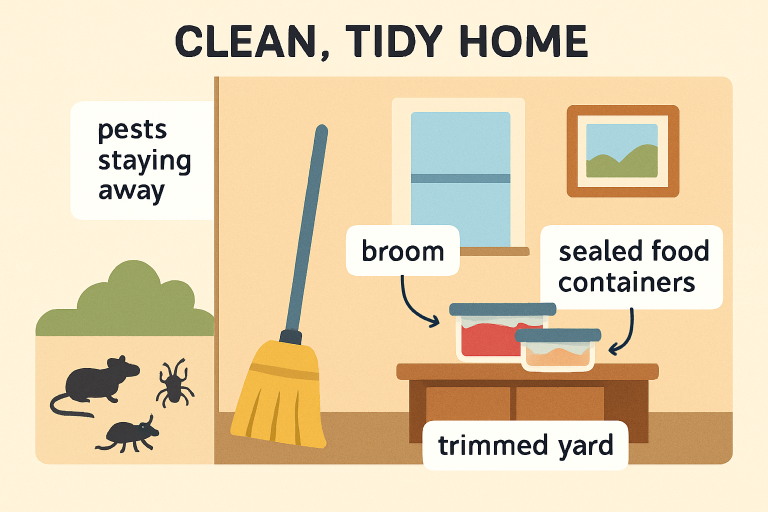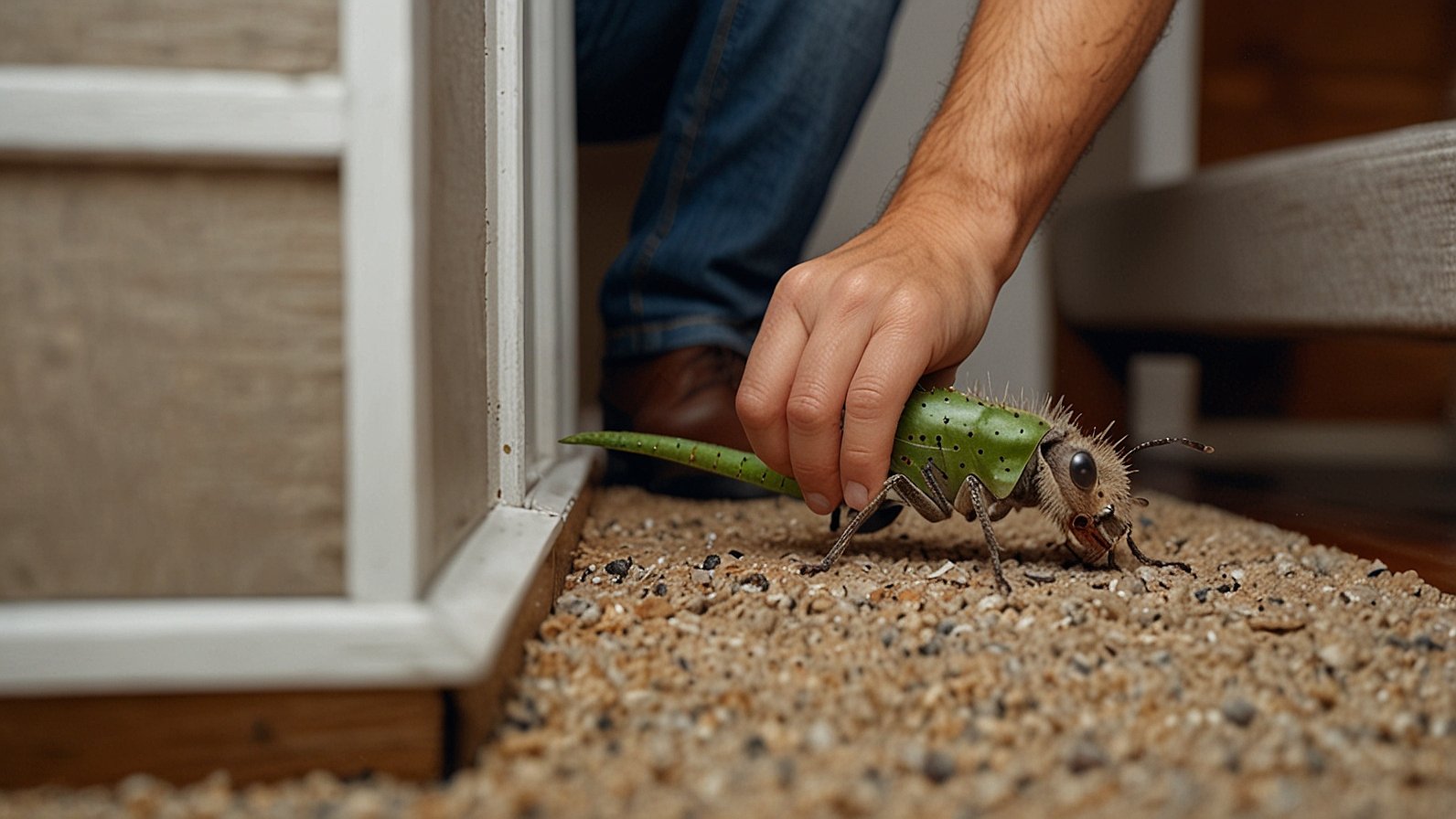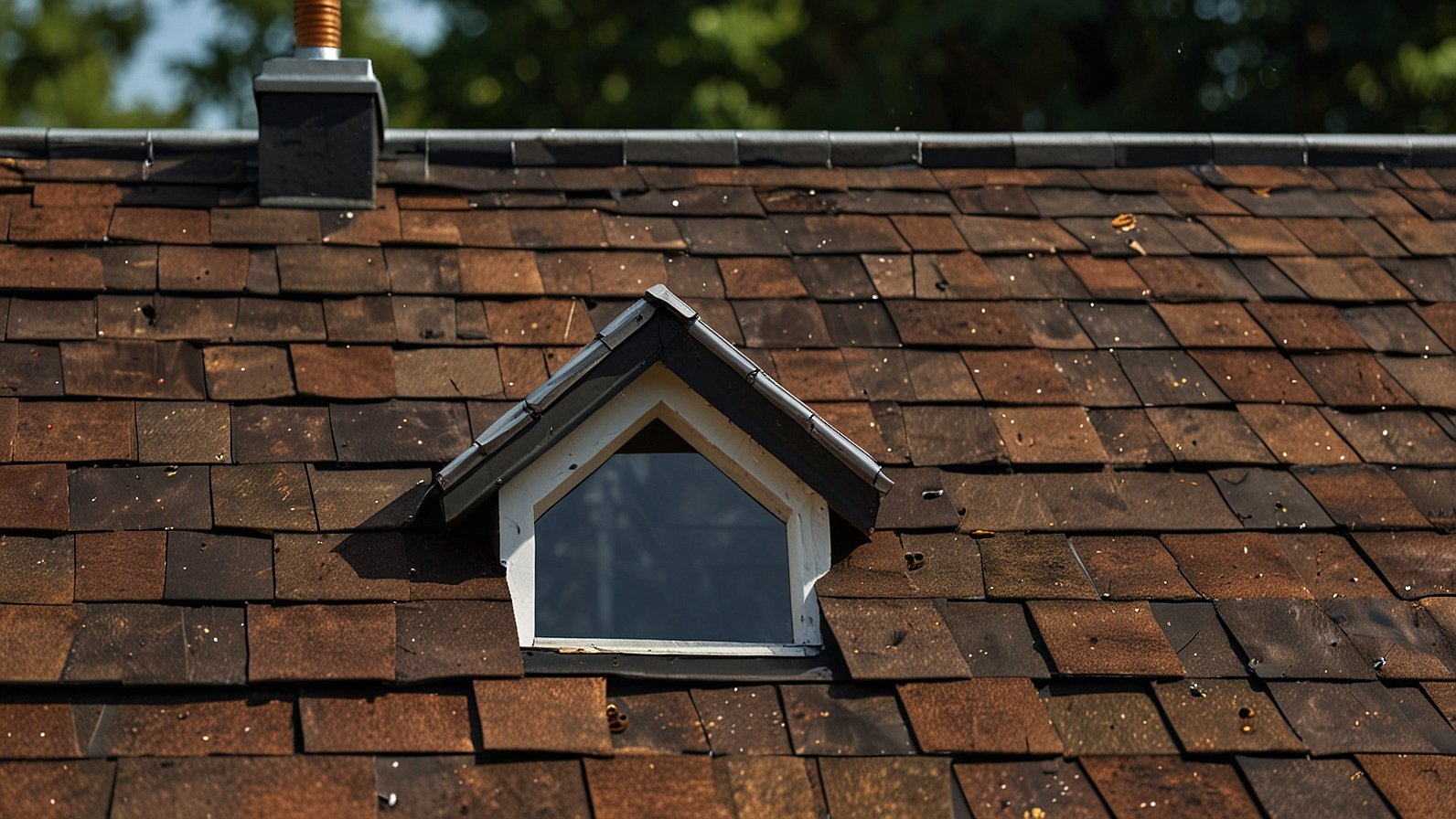Key Takeaways
- Regular cleaning and tidy habits are foundational in keeping pests away from your home.
- Proper storage of food and trash, as well as sealing entry points, deters both insects and rodents.
- Yard maintenance, moisture management, and scheduled inspections further safeguard your living space.
- Addressing pest risks also extends to outdoor spaces. For local solutions, professional services can help prevent infestations.
Table of Contents
- Keep Your Home Clean and Tidy
- Store Food Properly
- Seal Entry Points
- Manage Moisture
- Maintain Your Yard
- Dispose of Garbage Regularly
- Use Natural Repellents
- Schedule Regular Inspections
- Conclusion
Maintaining a healthy, pest-free home isn’t just about comfort but protecting your living environment and health. Effective pest management starts with adopting easy home maintenance practices. By following the guidelines below, you make your household less welcoming to pests and reduce the odds of seasonal infestations. As pests like ticks continue to pose risks in many regions, prioritizing indoor habits and outdoor services such as tick control in Weymouth can put you ahead in prevention, especially for families and pet owners.
Preventing pest invasions is much easier when you maintain strict routines. Pests, including insects and rodents, look for the path of least resistance—accessible food, hiding spaces, and entry points. Proactive care inside and outside your home ensures you’re not caught off guard, and quickly curbing even minor issues can keep bigger problems at bay.
Keep Your Home Clean and Tidy
The simplest yet most powerful defense against pests is cleanliness. Food residues and clutter attract ants, cockroaches, and even mice. Make it a habit to sweep your floors, wipe down kitchen surfaces, and promptly clean up after meals. Don’t forget hidden trouble spots—behind appliances and under sofas, where crumbs accumulate out of sight. An orderly home is less inviting to unwelcome critters who rely on leftover scraps for sustenance.
Store Food Properly
Pest-proofing your pantry starts with switching to airtight containers. Bagged cereals, rice, and pet food should all be transferred from their original packaging. Rodents and insects can easily chew through thin plastic or cardboard. Secure lids not only prolong freshness but prevent curious pests from detecting dinner. Be sure not to leave pet food out overnight, and clean up spilled kibble quickly.
Seal Entry Points
Small cracks and gaps may not look like much, but they’re wide-open doors for ants, spiders, and rodents. Carefully inspect your home’s foundation and around doors, windows, and utility lines. Use caulk or weatherstripping to close gaps, focusing especially on aging frames and spots where wires or pipes enter your house. Even the smallest crevices can serve as entry points, making thoroughness essential to your pest prevention routine.
Manage Moisture
Excess moisture invites various pests, from roaches to silverfish. Address leaky faucets and pipes immediately and ensure gutters and downspouts are unobstructed. Dehumidifiers benefit damp basements and crawlspaces greatly, making those locations less attractive to unwanted visitors.

If you’re already seeing increased pest activity or suspect larger issues, working with local professionals for pest control in Weymouth will give you targeted, long-lasting results and peace of mind.
Maintain Your Yard
A neglected yard is a sanctuary for pests eager to migrate indoors. Trim overgrown shrubs, mow the lawn regularly, and clear away piles of leaves or wood. Standing water is especially problematic, providing a breeding ground for mosquitoes. Store firewood far from your home and off the ground to deter termites and rodents. Periodically check your garden and outdoor spaces, as prevention outside makes a big difference inside.
Dispose of Garbage Regularly
Garbage bins should always have tightly fitted lids, and trash should be emptied frequently. If trash sits too long, it not only attracts pests like flies, rats, and cockroaches but also emits odors that attract them from afar. Clean your bins with disinfectant every few weeks to remove residues and odors.
Use Natural Repellents
There are several non-toxic ways to fend off pests. Essential oils, such as peppermint, lavender, or eucalyptus, can be mixed with water and sprayed near entry points, window sills, and kitchen corners to deter ants, spiders, and more. For a low-tech option, sachets of dried herbs like bay leaves or cloves are effective in cupboards or closets. Natural repellents keep your home pest-free without harmful chemicals, ensuring safety for kids and pets.
Schedule Regular Inspections
No matter how diligent you are, sometimes pests find their way in. That’s why regular home inspections—at least once a season—are important. Early detection prevents minor problems from escalating and gives you time to remedy issues before they become infestations. Professional inspections offer expertise in identifying hidden trouble spots and tailored recommendations for your needs.
Conclusion
Adopting a few fundamental habits transforms your home into a space naturally resistant to pests. Consistent cleaning, careful storage, routine inspections, and addressing the needs of your home’s perimeter safeguard your investment and your family’s health. Stay vigilant, use natural deterrents where possible, and don’t hesitate to call on local services to manage persistent pest challenges, ensuring year-round peace in your household.
You May Also Read: Essential Tips for Choosing Reliable Pest Control Experts










